The Canine Genetics Centre is proud to be a part of one of the UK’s leading Veterinary schools. Cambridge Vet school not only matriculates incredible vets year upon year, but they are also at the forefront of some of the best research that is currently happening in Veterinary science. Earlier this week, we were honoured to share some of our own research and to learn about other inspiring projects during the department’s research afternoon.
These afternoons happen every 6 months and are an opportunity for groups to share their work and for all the researchers (students, postdocs and Principal Investigators) to come together in one place. The year we had two informative talks from the University Research Operations Office (ROO) and the Gurdon Institute, a central bioinformatics facility, followed by an interesting key note talk given by Professor Teuta Pilizota from the department of physics.
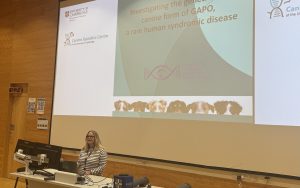 Next up were what are called “Blitz Talks” – short presentations designed to give a quick overview of a project, idea, or piece of research. Dr. Katherine Stanbury, from our group, presented a talk on her Segugio Italiano project, briefly describing the disease and our process to elucidate the causal variant (paper in preparation).
Next up were what are called “Blitz Talks” – short presentations designed to give a quick overview of a project, idea, or piece of research. Dr. Katherine Stanbury, from our group, presented a talk on her Segugio Italiano project, briefly describing the disease and our process to elucidate the causal variant (paper in preparation).
Following the talks, there was a poster presentation session with time to mingle and catch up with fellow researchers. Two posters were presented highlighting work the CGC has been involved in. Veterinary intern Joe Poacher showcased his analysis of the cocker spaniel IVDD questionnaire data (paper accepted). Veterinary neurologist and PhD student Susana Monforte Monteiro shared her work on better understanding the genetic variant responsible for Spongiform Leukoencephalomyelopathy (SLEM) in the Border Terrier. Both posters attracted a lot of discussions and sparked interest in our future work.
- Joe Poacher
- Susana Monforte Monteiro
These research afternoons are great for collaboration between the diverse range of groups based at the Vet school, and we appreciate the department supporting, and encouraging, all our amazing research

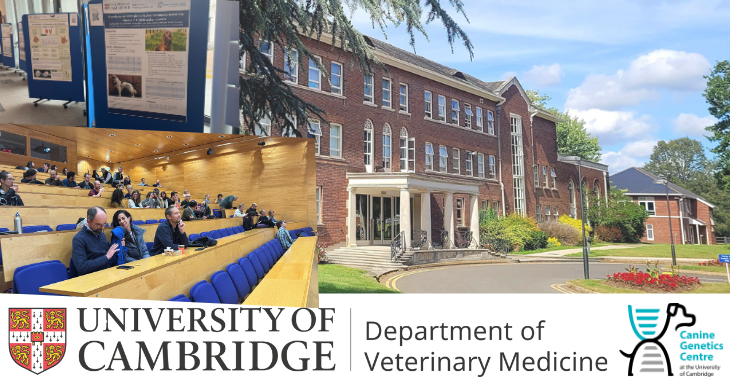
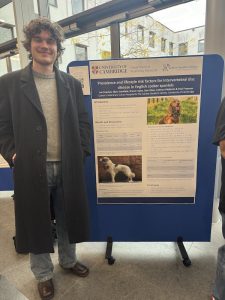
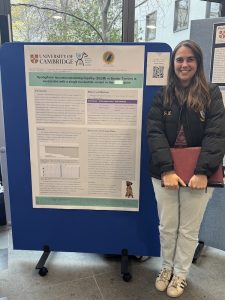
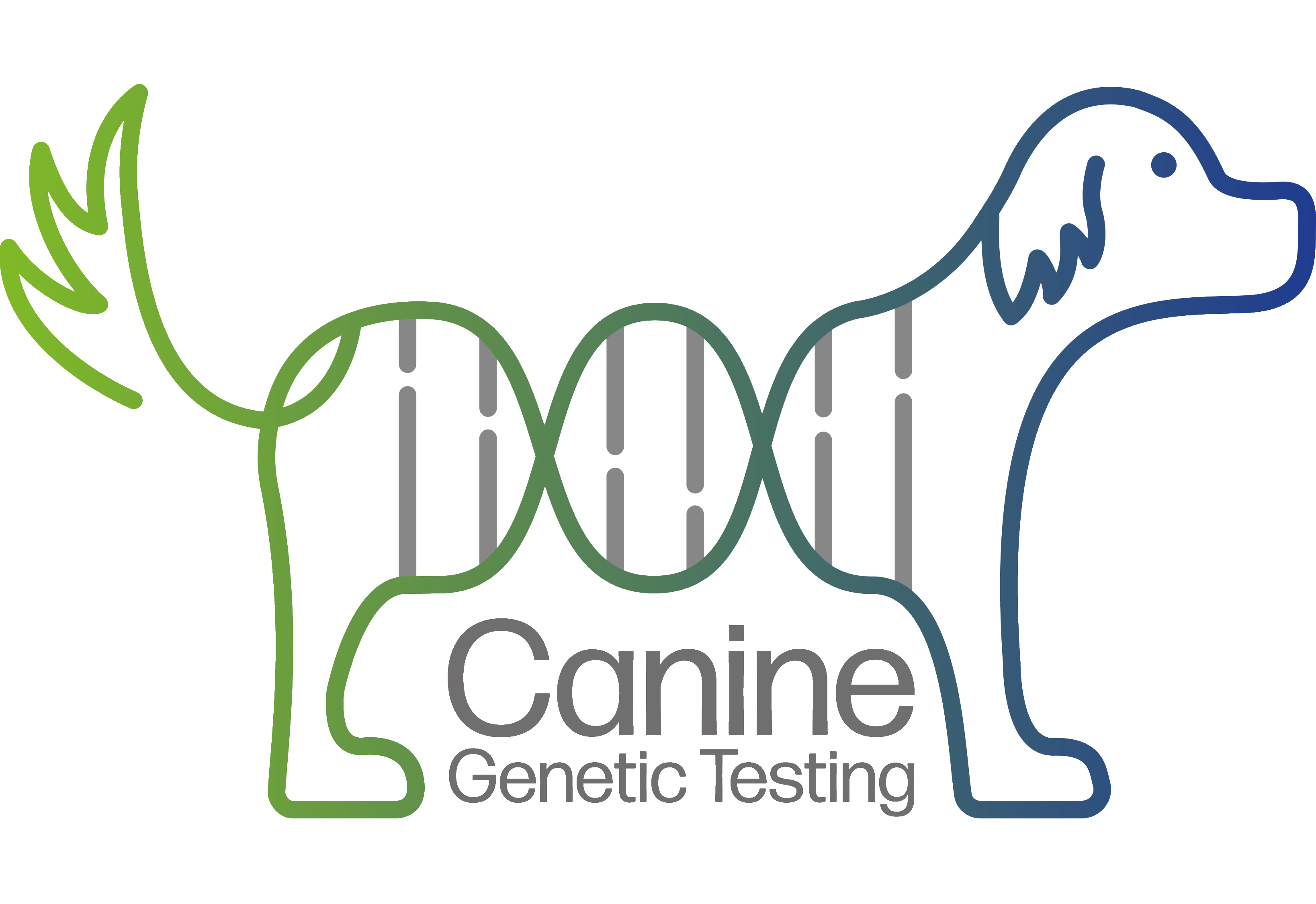
Comments are closed